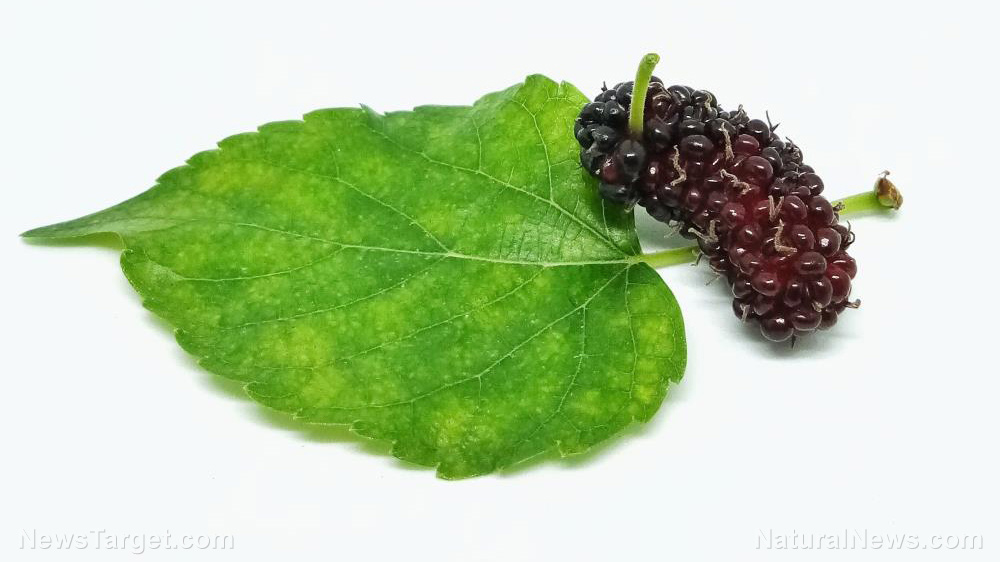
Mulberry in traditional Chinese medicine
Many species of mulberry exist in different parts of the world, but the one grown in China is known as Morus alba or white mulberry. The Chinese use this plant for various purposes. For instance, the leaves of M. alba are considered important for silk production as they serve as the main food source of silkworms. Meanwhile, its fruits, known locally as sang shen, are used for medicinal preparations and as the main ingredient of a health drink that's become popular even in Japan and South Korea.
The mulberry fruit has hints of sweetness but is considered somewhat bland compared with other fruits. Its taste is only enhanced by drying the fruit under the sun. The fruit's blandness is due to its high water content and its deficiency in chemicals that intensify flavor. Fresh, ripe mulberry fruits contain about 85 to 88 percent water and small amounts of carbohydrates (mostly sugars), protein, fats, free acids, fiber, and minerals.
In traditional and even modern Chinese medicine, mulberry fruits are used to nourish the blood, support kidney function and treat various ailments like fatigue, weakness, anemia, premature graying of the hair, urinary incontinence, tinnitus, dizziness, and constipation among the elderly. (Related: Mulberry compound found to fight obesity, high cholesterol, high blood sugar and even cancer.)
Mulberry as an alternative treatment for diabetes
In their review, the researchers described diabetes mellitus as a serious metabolic disorder that has now become a global epidemic. Despite new advancements in modern medicine, traditional medicine is still used to prevent and treat diabetes in many countries, particularly in Asia. In China, mulberry is known as a centuries-old treatment for diabetes. It is still the medicine of choice of many Chinese even today.
The researchers attributed mulberry's anti-diabetic potential to its active components, which include polyhydroxylated alkaloids, flavonoids, and polysaccharides. According to numerous studies, these compounds can be found in many parts of the mulberry plant and are capable of improving glucose absorption, enhancing insulin production/secretion, and preventing harmful oxidation and inflammation.
In a study published in the Journal of Traditional and Complementary Medicine, Taiwanese researchers reported that mulberry fruits are rich in polyphenols and anthocyanins, which are known for their antioxidant and anti-inflammatory activities. They believe that these bioactive compounds make mulberry effective in treating and preventing not only diabetes, but also human cancer, liver disease, obesity, and cardiovascular disease.
A more recent review that appeared in the Journal of Agricultural and Food Chemistry said the same things about mulberry. Researchers from South-Central University for Nationalities in China elaborated that mulberry fruit contains a great diversity of nutritive compounds as well as bioactive components, such as rutin, quercetin, anthocyanins, chlorogenic acid, and polysaccharides. They credited these compounds with the antioxidant, neuroprotective, anti-atherosclerosis, immunomodulatory, anti-tumor, cholesterol-lowering, and anti-diabetic activities shown by mulberry fruit extracts in in vivo and in vitro studies.
Because of the abundance of scientific evidence, all three articles concluded that mulberry fruit is a promising alternative treatment for chronic diseases like heart disease and diabetes.
Sources include:
Please contact us for more information.























